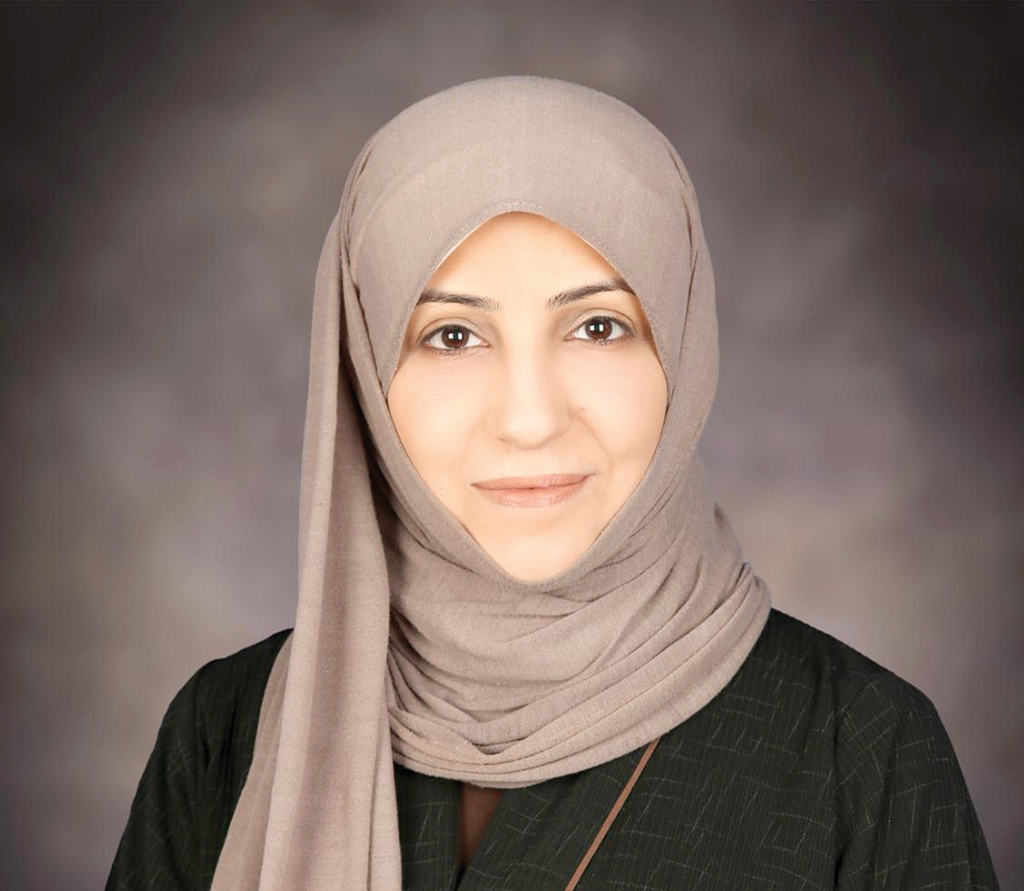By Zainab Behbehani
KUWAIT: Children's cartoons and media programs play an important role in forming children's personalities while growing up. As these programs include many ideas that vary between negative and positive, especially with the availability of media channels that are not supervised, the negative ideas may affect the child's personality, particularly in relation to human and educational principles and values, so the child is more ready to accept abnormal behaviors such as violence, killings and negative relations.
To speak about the negative effects of media programs on children, Kuwait Times met psychological therapist Zahraa Al-Mousawi, who explained the effects of such programs and how to prevent them. Mousawi said it is important to train children on ethical intelligence in order to polish their personality, in addition to educating them on the most basic daily skills that develop their mental and physical abilities in order to differentiate between right and wrong from what they receive from the media.
Mousawi said the content that is published in the media is designed for adults, so it is not good for children to see it regardless of it being positive or negative, because it will draw their attention to matters that are not suitable for their age. "It is important to find alternatives for the child instead of imposing bans, which will in turn create negative habits," she said, emphasizing the importance of regulating the number of viewing hours due to their harmful effect on the child.
Mousawi spoke about the limited number of educational programs directed to children in official media compared to private media, proposing the utilization of street advertising and awareness in schools, besides on official channels, to develop the ethical educational skills the child needs to become a shield that protects them from bad habits.
Kuwait Times also met several citizens and spoke with them about preventive means that can be used regarding the negative contents in children's programs. Citizen Tasneem Al-Habeeb said some cartoons contain indirect messages that aim at creating behavioral deviations in children, be they sexual, ethical or ideological. She insisted on the importance of parents selecting the media content presented to their children, with educational content in a way that suits their age group, be they video games or videos in general, in order to protect them against negative ideas. She also spoke about the importance of parents joining children to watch cartoons and speak with them about events, informing them about bad ideas in a way that does not affect their behavior.
Eman Al-Shaye spoke about the negative effects of cartoons on children's imagination, especially by heroic characters, which on the face seem to be positive, but contain negative acts such as violence and revenge, besides unethical relations. "Children, being unaware, imitate these heroic characters, which may not be suitable to our culture and values," she said.
On how to protect children against negative ideas, Shaye said: "Even with media bans for protection, there is no way to prevent children from being exposed to negative ideas in this world. It may only delay their reception of such messages, through preventing them from being exposed to screens or personal devices, but we cannot limit their freedom. We as parents must be interested in occupying our children's free time with what benefits and entertains them," she said.
Mohammad Behbehani said media programs for children are introduced by producers who lack awareness on the effects such programs may have on children. "Producers of programs are not specialized in educational or psychological matters, so it is natural to not have keenness on their part towards the content given to them," he said. "I do not agree that there is a conspiracy theory directed towards children or ideas aiming to destroy values and family principles. But at the same time, I do not deny that there are negative ideas. But they are not directed, in my view, to brainwash children," he added.
Behbehani said it is difficult for parents to control what is displayed to their children through the media, be it negative or positive, especially with the large media flow and accelerating technological development that cannot be controlled easily. He said some good programs are presented in a boring manner, leading children away from them. So parents began facing major challenges in pulling children away from programs that contain negative content.











